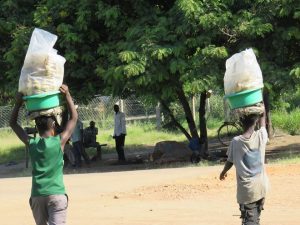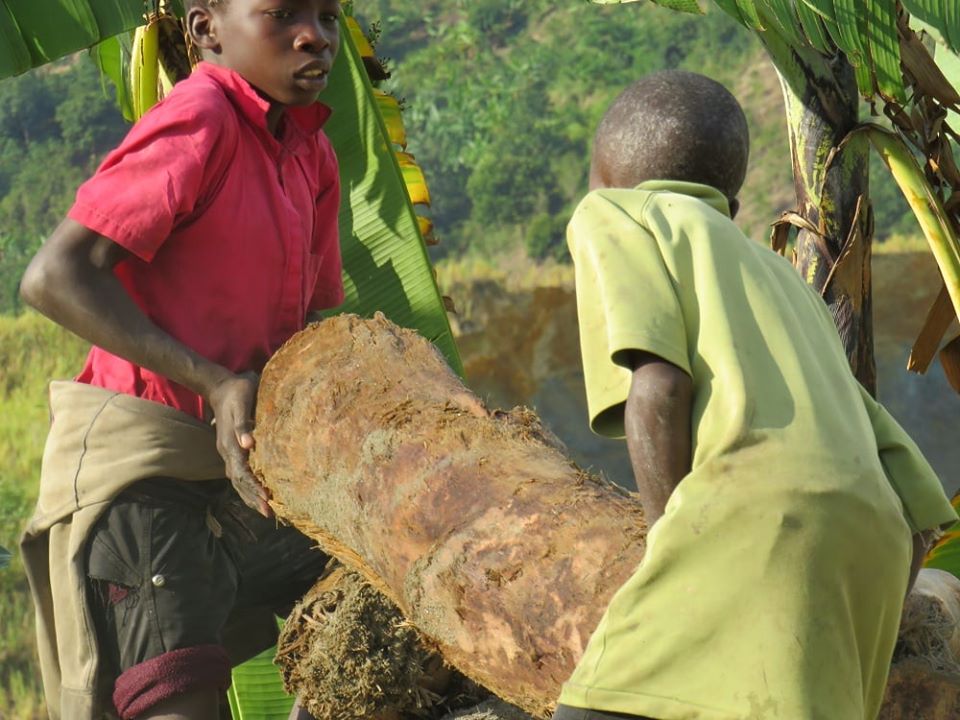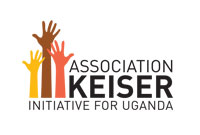As the world celebrates World Day against Child Labor on June 12, 2020 under the theme, “Protect children now, more than ever before”, Kasese district will focus on the impact of the current covid-19 and floods crises on children.

While in the struggle to combat COVID-19, Kasese district experienced concurrent floods on 7th 10th and 20th May 2020 affecting 9,916 households, 48947 people, with about 80% of being children. In addition, the district has frequently faced long droughts which affect the level of production.
Unfortunately, because of the effects of the crisis on livelihoods, children are often the first to suffer. The crisis has the potential danger of pushing more of these already vulnerable children into child labor because most parents have lost their livelihoods and therefore unable to provide for their children, a situation that is likely to lure more children into child labor for survival.
According to the Senior Labour Officer Kasese, Karafule Swaib, “Already there is an estimated 25,000 children in Kasese engaged in child labor.”
These children are now at even greater risks of dropping out of school altogether or spend more time outside school eking a living.
Most children work because of household’s poverty to provide for food, shelter, clothing, school fees and scholastic materials (books and uniform)”
In Kasese child labour is found in agriculture, sand mining, brick making, store quarrying, boda boda, street and market vending, street children, fishing, maids, child marriage, prostitution and car washing.
To combat this vice, Sub-Counties and divisions should target households that supply child labor and link them with social protection services like UWEP, YLP, SAGE and Operation Wealth Creation (OWC).
The parents of children in child labour should take their children to free primary and secondary education (UPE and USE)
Or: Stakeholders at various levels should do more to senstise the families that produce child labour about the benefits of education and to re-orient the mindset about available education programmes like the Universal Primary Education (UPE) and the Universal Secondary Education (USE).
The Civil Society Organisations should initiate programmes like school feeding programmes and re-integration of children affected by child labour into the school system.
However, the ultimate answer to feeding day school children lies in the improving household food security so that families can properly feed their children before and after school and pack lunch for their children.
Kabugho Sharon
Communications Officer














